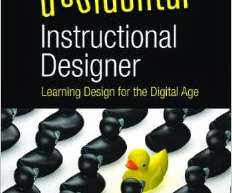Evolving Minds: The Psychology Behind Effective eLearning
HexaLearn
JANUARY 17, 2024
Building On Learning Theories Learning theories serve as guiding stars in eLearning. They enlighten us on how people learn best and these insights significantly mold the design of online courses. A motivated and active learner in mobile learning apps.




























Let's personalize your content